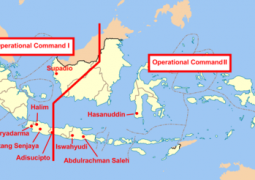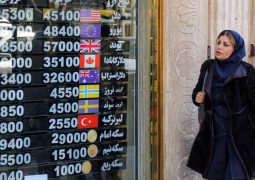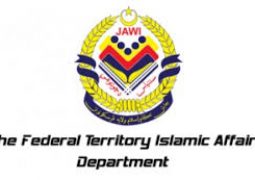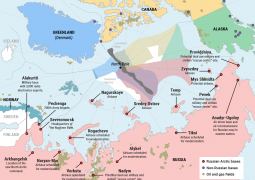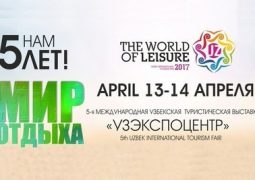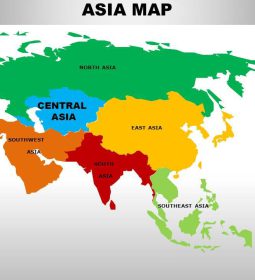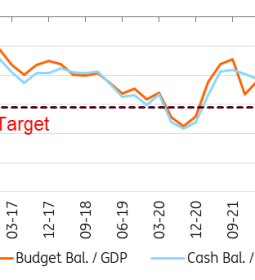Iran on Agenda as Putin, Netanyahu Hold Talks in Moscow
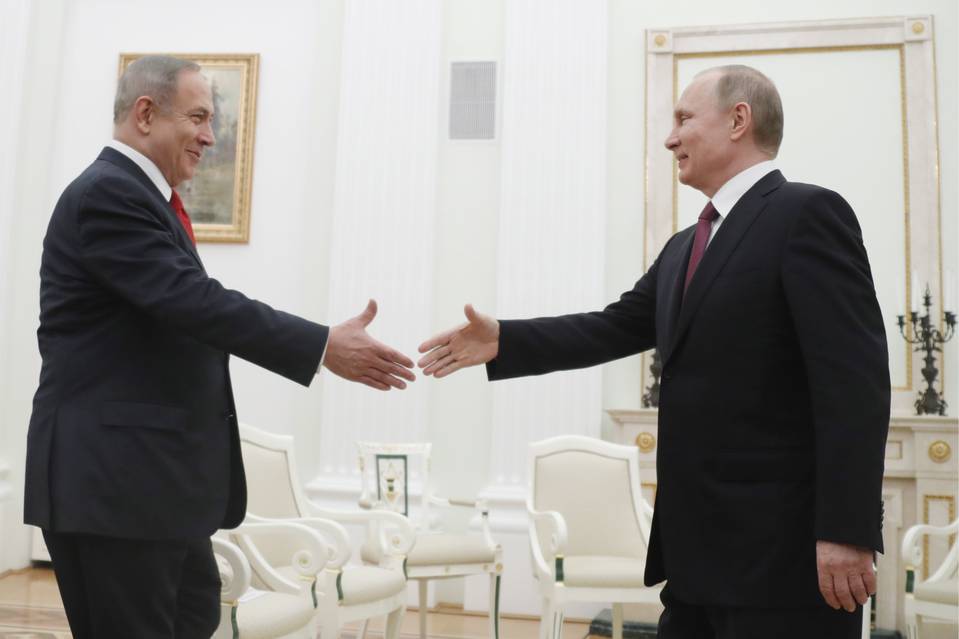
Russian President Vladimir Putin held talks Thursday with visiting Israeli Prime Minister Benjamin Netanyahu, amid concern in Israel that Iranian influence could become entrenched in Syria as the conflict there shifts in favor of the Tehran-backed regime of President Bashar al-Assad.
Ahead of the meeting in the Russian capital, Mr. Netanyahu praised Russian efforts to combat al Qaeda and Islamic State in Syria, where Moscow, together with Iran, are allies of President Bashar al-Assad.
But he voiced concern that as the scourge of Sunni militancy represented by those two groups is curtailed, Syria could become a platform for Iranian-supported Shiite militancy aimed at Israel.
“We don’t want this terrorism to be replaced by the radical Shiite Islamic terrorism led by Iran,” the Israeli prime minister said.
Russia has boosted cooperation with Iran since the start of the Syria conflict in 2011. Russian aircraft have carried out airstrikes in support of Iran’s Revolutionary Guards and Syrian security forces.
Their deepening ties extended beyond Syria: Moscow completed delivery of S-300 air-defense system to Iran last year, a sale that under U.S. and international pressure was suspended in 2010 and has been vigorously opposed by Israel.
Thursday’s meeting in Moscow also comes as the Trump administration signals plans for a tougher U.S. posture against Iran than its predecessor, which touted as one of its main foreign policy accomplishments the 2015 deal that put limits on Iran’s nuclear program in exchange for an easing of international sanctions.
Mr. Netanyahu fought against the accord and now wants President Donald Trump to re-examine it.
During a White House meeting last month, Mr. Trump and Mr. Netanyahu discussed efforts to contain Iranian expansion in the Middle East. They discussed it again earlier this week in a phone call.
Ties between Washington and Moscow are currently frayed over a number of issues, including U.S. allegations that Russia tampered in last fall’s U.S. elections won by Mr. Trump.
With a large Russian-speaking population in Israel and better relations with Mr. Trump than Barack Obama, Mr. Netanyahu is in a “unique position” to serve as a mediator between the U.S. and Russia, said Mitchell Barak, an Israeli political analyst.
“He certainly understands both mind-sets,” said Mr. Barak, who has worked with the prime minister.
Russian analysts say ties between Tehran and Moscow aren’t rigid. While Moscow enjoys wide-ranging cooperation with Tehran on issues from Syria to Afghanistan, they say, their relations are largely situational and could shift as U.S.-Russian ties evolve under the new administration in Washington.
Andrey Kortunov, director-general of the Russian International Affairs Council, which is close to the country’s foreign ministry, said Thursday that Moscow is aware of the dangers posed by tougher anti-Iranian policies in the U.S., Israel and elsewhere.
“Risks are mounting,” he said.
Israel is widely believed to be behind attacks in Syria against suspected Iranian arms shipments destined for the Lebanese political and militant group Hezbollah. Syrian and Lebanese officials also have accused Israel of assassinating senior Hezbollah commanders in Syria.
In keeping with longstanding policy, Israel neither confirms nor denies such attacks. But Mr. Netanyahu has made clear that Israel reserves the right to stop such arms shipments and won’t tolerate Iranian military forces or Iranian allies such Hezbollah operating on Israel’s border with Syria.
- Previous Reassuring Asia of America’s Commitment to the Asia-Pacific
- Next Duterte Under Pressure Marcos-style cronyism and abuses of power will turn off Filipinos



